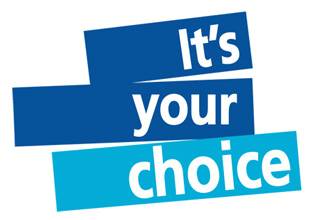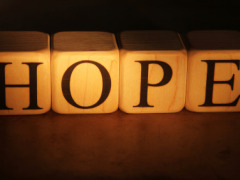I was thinking the other day about the abortion debate that has obsessed our country over the last thirty to forty years and the way in which the whole question of rights is at the center of that controversy. It seems to me that the abortion question as it has played out in our political discourse actually illustrates the very problem inherent in the language of rights or “natural rights.”
Specifically, both sides can appeal to “rights” and “reason” to justify their positions. And therefore the ultimate issue is whose version or view of rights do we accept as true and on what basis? The upshot in my view is that an appeal to a language of rights can’t solve our open and difficult challenging differences. Both sides have rights on their side. Both sides have reason on their side. It is like two religions squaring off with different views of God and human nature. And thus there has to be something besides rights and reason by which we make political decisions.
Lets look at how the abortion debate illustrates this deficiency in rights language.
On the one side, those who are against abortion argue that the rights of the unborn are at stake. The right involved is the right of life, one of the three core natural rights: life, liberty and property. Everyone who believes in rights, should recognize the right to life.
On the other side, we have an argument about the woman’s right to choose, which is also a right, for “liberty” includes the right to one’s own body and ultimately liberty was a protection against slavery, and the ability of another person or state, to infringe on your rights to do manage your own body. Telling a woman what to do with her body is tantamount to slavery. These are two big rights at the core of our natural rights. What we have are two rights in conflict with one another.
One could, of course, argue that the right to life should trump the right to choose. But even here we have a value judgment entering in as to the priority of rights. And even the classic father of natural rights , such as John Locke, argued that the rights to liberty and property were really just protections and extensions of the core right of life. Any attack on my liberty or my property therefore was tantamount to an attack on my life. Thus someone who tried to take my property could be killed because by gaining control over my property they gain control over my life.
The problem, in my mind, however, is even deeper than this conflicts in rights. For the right to life presupposes that we know what life is. Thus another dimension of this debate is the question of what constitutes the beginning of life and whether, a foetus, even one that would be viable, if delivered, constitutes life? What is the nature of the life that is protected by rights? How do we know that life should begin when a feotus could live? Since it only “could live” doesn’t that mean it is not yet “living?” Is potential life, life that is protected by a right? Who says?
Indeed, the very origin of the right to life in the natural rights tradition was debatable. Some of the natural rights thinkers (like Hobbes and Grotius) thought it came from an instinct for self-preservation given to us by our human nature. Others like Locke thought it came from the fact that we were the workmanship of God and thus as God’s property no one had the right to take our lives or harm us. On either of these understandings you could debate whether a foetus at 6 months or even 8 months constitutes life. One could argue that life begins when the foetus is separated from the mother’s body.
My point here is that what we have is really a religious debate over the meaning and nature of rights, precisely because rights are not self-evident in nature. Both sides have rights and reason on their side. Nature cannot tell us what our rights are, which rights take precedence or even what the right means in concrete situations. Nature does not tell us what “life” means or when it begins. These are all conclusions we arrive at through a set of values, moral convictions, understanding of God (or not). Both sides have rights and reason on their side.
An appeal to rights is not going to solve our problem of how to live together with radically different views of what the human being is, whether God exists, and if so, what God wants of us, what our moral obligations are to ourselves and others, and so forth. We will have to find other ways to resolve deep seated philosophical/religious differences that underlie our rights language. Either we shall have to vote on and choose one set of absolute convinctions over another or we shall have to agree to let different groups operate according to their own deep seated convinctions. I don’t see how the appeal to rights and reason can resolve this impass.
Do you agree, and if so, what do you think the solution would be?




